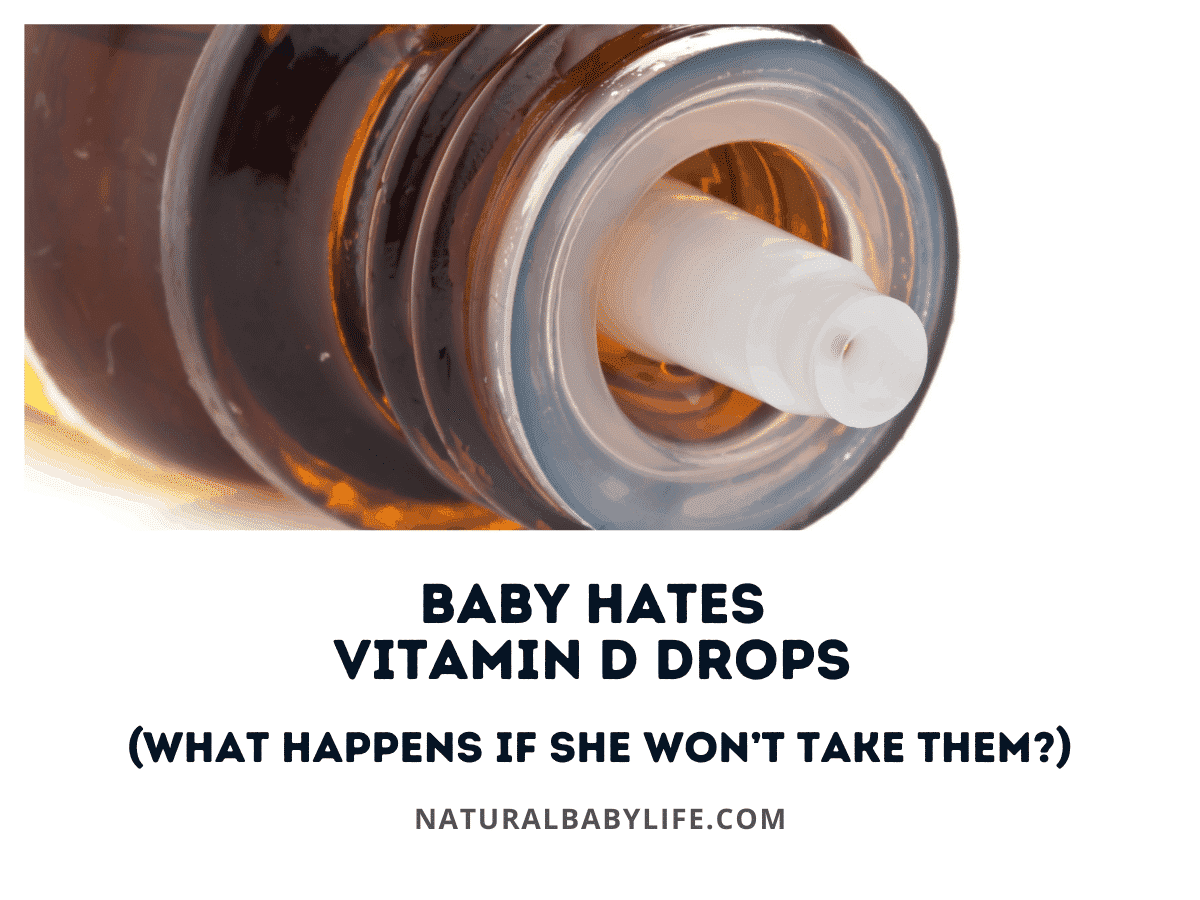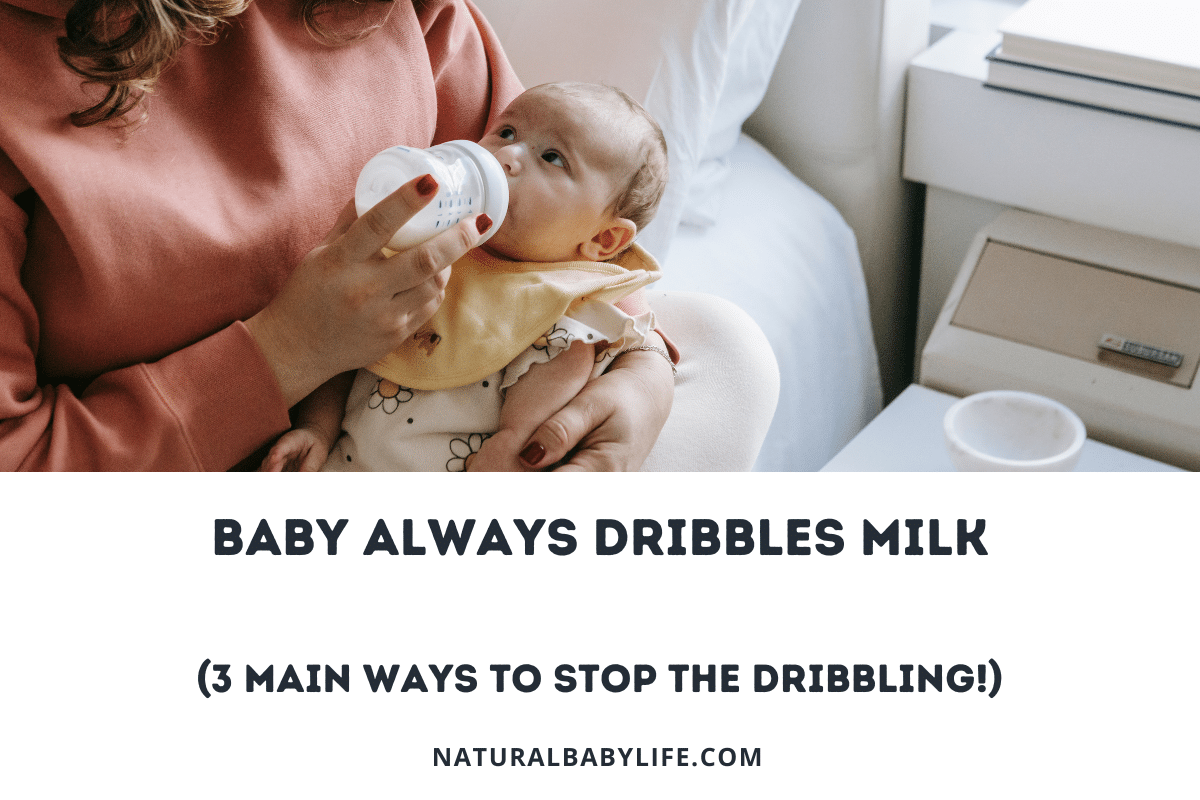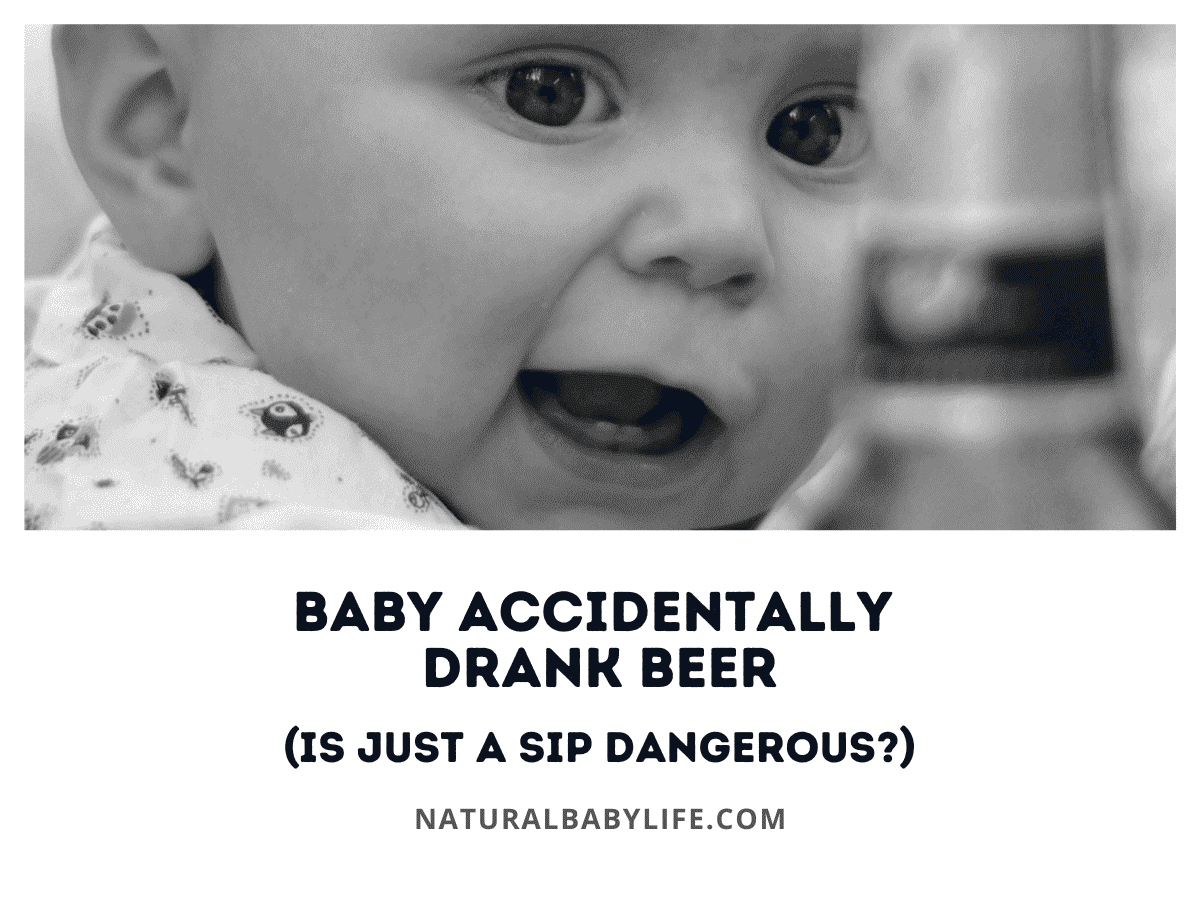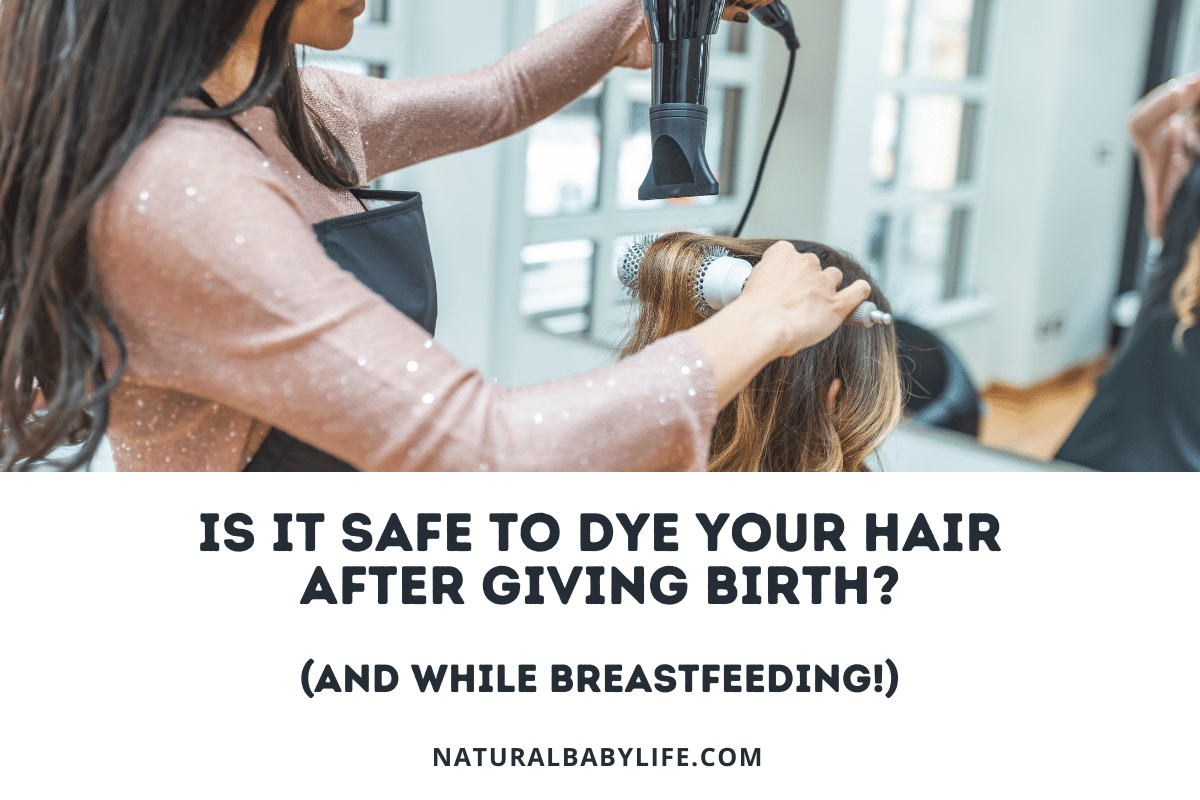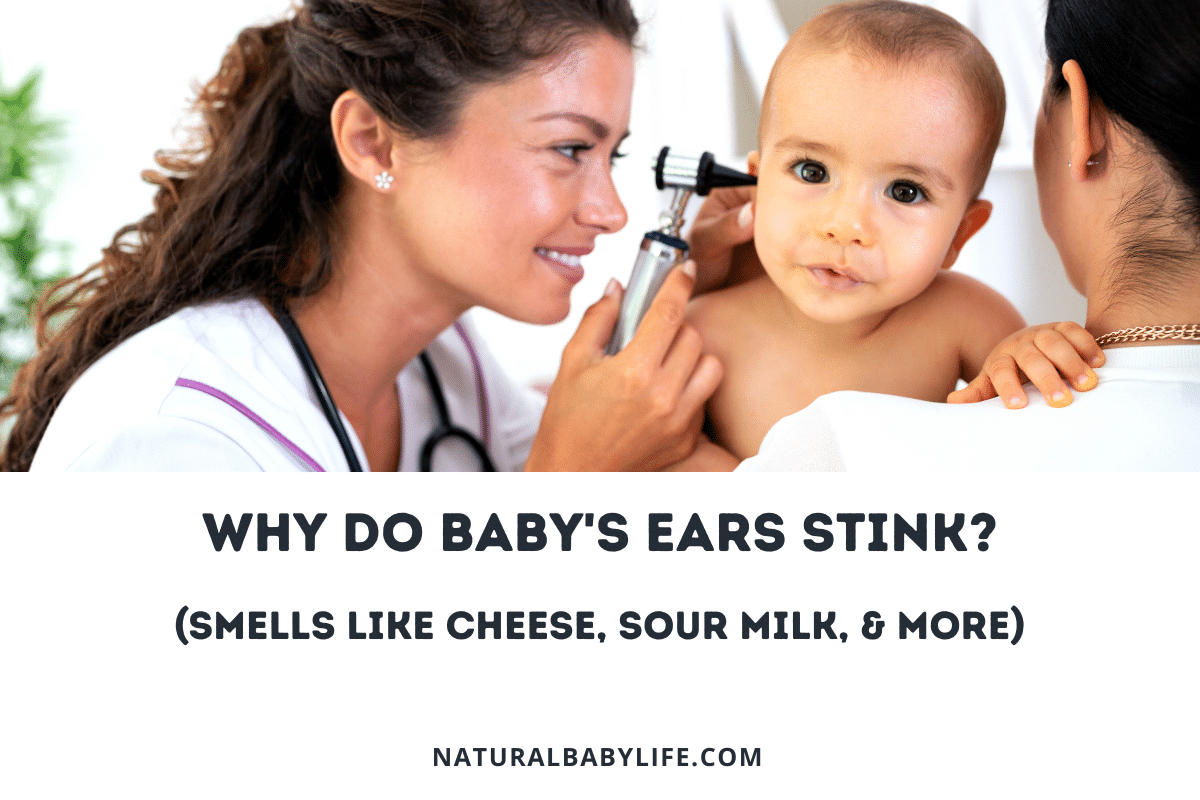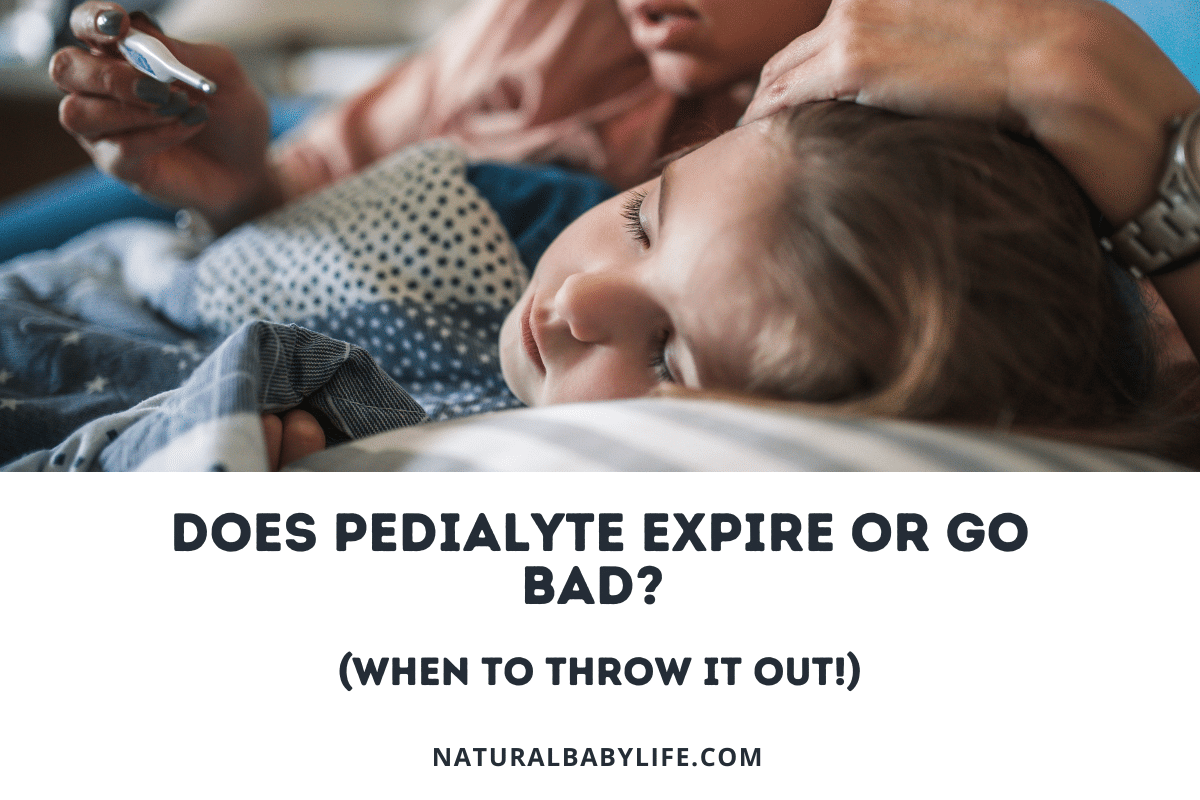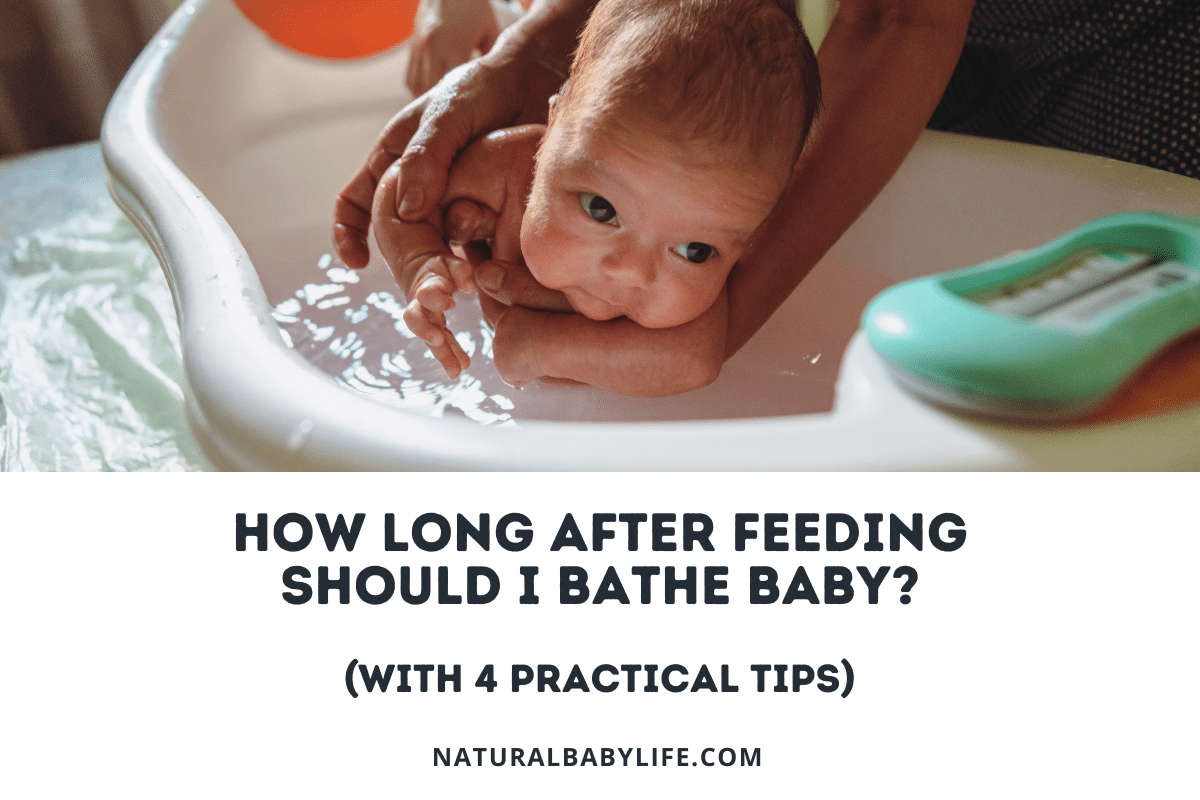Most pediatricians highly recommend that breastfeeding infants be given supplemental vitamin D drops in addition to their daily breastmilk intake. But let’s be honest: supplements don’t exactly taste all that great. What do you do if your baby absolutely loathes her vitamin D drops and refuses to take them?
While you may want to skip your baby’s vitamin D drops, that extra vitamin D is actually crucial to your little one’s development. Vitamin D helps her body absorb calcium and phosphorous for strong bones. To make the drops more palatable, you can mix them with a small amount of breastmilk, or try a different brand of drops that might taste better.
Even though it’s important your baby gets enough vitamin D, it doesn’t necessarily have to come from vitamin D drops. Keep reading to learn why vitamin D is an important part of a healthy diet and discover how to guarantee your little one gets enough of it.
Table of Contents
Baby hates taking vitamin D drops
The human body needs 13 essential vitamins in order to grow and work properly. Most of these vitamins are obtained from the food we eat, but vitamin D is a bit different. While we can get vitamin D from certain foods, including fish, red meat, and eggs, most people are able to get all the vitamin D they need from sunlight alone.
While older children and adults can make plenty of vitamin D through exposure to sunlight, children younger than 6 months shouldn’t be exposed to direct, strong sunlight. Babies are prone to sunburning easily, so even short amounts of direct sunlight can be harmful. But without direct exposure to sunlight, young babies have to rely solely on their food to produce the vitamin D their bodies need to thrive.
While breast milk is an excellent source of nutrition in nearly every aspect, it is lacking in one area: vitamin D. Even if a breastfeeding mother is taking a vitamin D supplement herself, breast milk alone won’t provide all the vitamin D the baby needs to thrive. Most people know that vitamin D helps build strong bones, but proper levels of the nutrient may also help minimize the risk for certain cancers, hypertension, autoimmune conditions, and even diabetes.
Because of the importance of vitamin D, the American Academy of Pediatrics recommends all breastfeeding infants receive a vitamin D supplement.
If your little one hates the taste of her vitamin D drops, there are a few different things you can try to make sure your baby gets enough of this essential nutrient:
- Mix it with breastmilk. Taking any sort of supplement straight isn’t going to taste fantastic. You can try mixing your baby’s daily dose of vitamin D with a small amount of expressed milk and then feed the mix to your little one via a bottle.
- Try a different brand. If your baby hates her vitamin D drops, try shopping around for another brand that might work better. There are even brands that claim to be completely tasteless, so if your little one is picky with flavors, a tasteless option might help!
- Consider formula. Infant formulas are required by law to include vitamin D supplements in their ingredients. Feeding your baby more than 32 ounces of formula in one day will give her enough of the nutrient that extra vitamin D drops aren’t necessary.
Why is vitamin D important for babies
The number one reason babies require vitamin D is to ensure healthy bone development.
Vitamin D helps the body process calcium and phosphorus, which are two minerals critical for building bone strength. Babies are particularly vulnerable to vitamin D deficiency, with extreme deficiency often leading to the development of rickets, a bone-softening disease that mostly affects children younger than the age of 2.
Vitamin D deficiency has also been correlated to certain cancers, hypertension, autoimmune disorders, and diabetes later in life.
In order to set your child on the path to a healthy future, it’s important they receive proper amounts of vitamin D from the minute they’re born.
Do babies really need vitamin D drops
Vitamin D is important to a baby’s health, but most babies (and even older children and adults) are vitamin D deficient.
Humans produce most of their vitamin D through exposure to sunlight, but the recent push for proper sunscreen use has lowered the amount of vitamin D that most adults produce. Babies younger than 6 months old shouldn’t be exposed to direct sunlight anyway, which makes it extra difficult for them to get enough vitamin D.
Because most nursing mothers are vitamin D deficient, their babies just don’t receive enough vitamin D from their breast milk. Even mothers who take vitamin D supplements of their own probably won’t pass enough of the nutrient through their milk to their baby.
Because of this deficit, babies really do need to take supplemental vitamin D drops.
Do premature babies really need vitamin D drops
Premature babies usually have some extra health needs because they’re born earlier than their full-term peers. During the third trimester, extra calcium is deposited in a fetus’s skeletal structure, strengthening the bones in preparation for birth.
The earlier a baby is born, the less time calcium has had to build up, and the more minerals the baby will need immediately after birth. Premature babies are starting out at a mineral deficit, so vitamin D drops are even more important than they might be for a full-term infant.
In fact, the American Academy of Pediatrics has special vitamin D recommendations specifically for preemie infants, with vitamin D supplement doses ranging from 200 IUs of vitamin D to an additional 1,000 IU daily.
Does my breastfed baby need vitamin D drops
While breast milk is a nearly perfect source of nutrition for newborns, it doesn’t contain enough vitamin D for a new baby.
Doctors recommend that all breastfed babies receive vitamin D supplements for the first year of life, or until a baby is old enough for vitamin D-rich foods and plenty of time outside in the sunshine.
Can I pass enough vitamin D through breast milk
While breast milk does contain vitamin D, each quart of breast milk only has, on average, less than 50 IU of the nutrient.
Babies need at least 400 IU of vitamin D each day. The low levels of vitamin D in breast milk can be raised if a nursing mother increases her own vitamin D intake, although she has to increase her vitamin D levels substantially in order to pass enough of the nutrient to her baby. For nursing mothers not taking a vitamin D supplement, their breast milk will not contain enough vitamin D for their baby.
Certain studies have shown that if a lactating mother takes 6400 IU of vitamin D each day, enough of the nutrient (400 IU) will be passed through her breast milk to keep her baby healthy. 6400 IU is a lot of vitamin D, though; it’s 8x the current recommended amount of vitamin D for non-nursing adults.
While such a high level of vitamin D was shown to be preliminarily safe in clinical trials, you should consult with your doctor before taking such a large amount of supplement. Excessive amounts of vitamin D can lead to vitamin D toxicity, which causes nausea, fatigue, slurred speech, and other symptoms. You should never take more than 10,000 IU of vitamin D per day, and you may want to monitor your vitamin D levels to ensure your blood levels remain in a safe range.
Does my formula-fed baby need vitamin D drops
Baby formula already contains vitamin D supplements, although your baby must drink enough of the formula each day to get enough vitamin D.
Any infant who drinks less than 1 quart of baby formula per day will need to take vitamin D drops, so if your baby is still very young and not drinking much, she will need the extra supplements. If your little one is partially breastfed, she will need vitamin D drops if her total baby formula intake for the day is less than 1 quart.
How long should babies get vitamin D drops?
Babies will need vitamin D drops for as long as they are exclusively breastfed. For most infants, that means they will need vitamin D drops up until their 1st birthday.
After 12 months, most babies have made the transition to solid foods. Fish and eggs contain vitamin D, although vitamin D-fortified products, such as milk, yogurt, cereal, and juice, are going to provide most of the vitamin for your child. After 12 months, you should incorporate vitamin D-fortified cow’s milk into your child’s diet, if possible.
Children between the ages of 1 and 2 need 600 IU of vitamin D each day, so if you’re worried your toddler isn’t getting enough vitamin D, you may continue to give them a vitamin D supplement in the form of drops or a multivitamin.
What happens if I don’t give my baby vitamin D drops
It’s important to give your baby vitamin D drops if you’re exclusively breastfeeding or if your child isn’t receiving vitamin D from other sources.
Withholding vitamin D drops can lead to a vitamin D deficiency, which can have both short and long term ramifications, including muscle weakness and exhaustion or even joint deformity and incorrect growth patterns.
Vitamin D deficiency
Short term symptoms of vitamin D deficiency include:
- Muscle weakness
- Sore or painful muscles
- Fatigue or exhaustion
- Bone pain
- Muscle cramps
- Sudden mood changes
While these symptoms might be hard to perceive in a newborn, they can negatively impact your little one’s growth and development. Long-term vitamin D deficiency can cause rickets, a disease that results in weak muscles, deformities in joints, and incorrect growth patterns.
Vitamin D overdose
Vitamin D is important, but too much of a good thing can be dangerous.
It’s possible to overdose on vitamin D, although it would require excessive amounts of vitamin D supplementation. Vitamin D toxicity can cause nausea and fatigue, in addition to other symptoms.
While the threshold for a vitamin D overdose varies by person, you should never give your baby more than the recommended dosage of vitamin D drops.
Why does my baby hate taking vitamin D drops?
Your baby might hate taking their vitamin D drops for several reasons:
- Taste – While the flavors of breast milk can vary slightly, vitamin D drops likely taste very different than the milk your baby is used to.
- Texture – Breast milk and vitamin D drops are texturally very different, which might throw off your baby’s sensitive palate.
- Timing – If you give your baby vitamin D drops at night, the late hour might be making them irritable, not the drops.
- Tummy – Vitamin D drops can give some babies gas or an upset tummy.
How to administer vitamin D drops
To administer vitamin D drops, you’ll want to follow the instructions provided on the box.
Most vitamin D drops should be placed on a mother’s nipple or on a clean finger for the baby to suck off. Drops may also be mixed with a small amount of breast milk (or water, for older children) and fed via bottle.
Parents should use the provided dropper to measure the drops correctly.
Newborn
Newborns require 400 IU of vitamin D each day.
Newborns will do best taking their supplement by sucking it off a finger, nipple, or mixed into a bottle of expressed breast milk.
Make sure you follow the instructions on the package, and purchase vitamin D drops specifically designed for babies (adult supplements will be too concentrated for your infant).
Infant
Infants require 400 IU of vitamin D each day.
Infants may prefer their supplement mixed into breast milk (or a small amount of juice for children older than 9 months).
You should use baby-designed vitamin D drops and follow the instructions on the package.
Toddler
Toddlers older than 1 year old need 600 IU of vitamin D each day.
You may mix the drops into their drink, or you may choose to use a multivitamin (older toddlers may like gummy vitamins more than drops).

